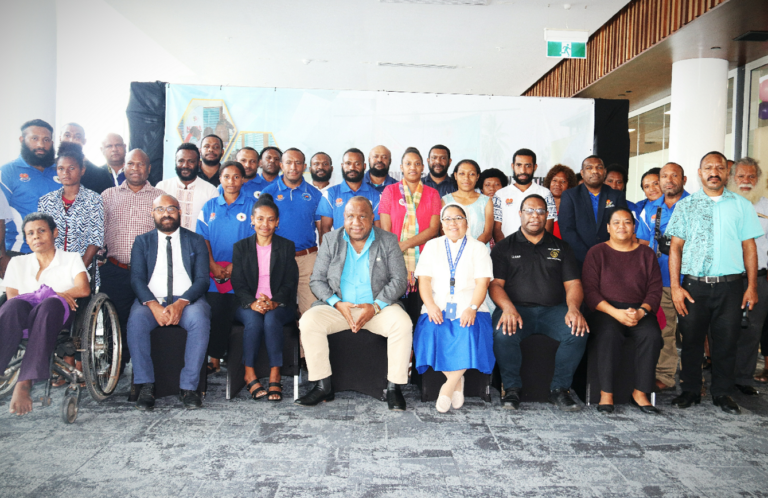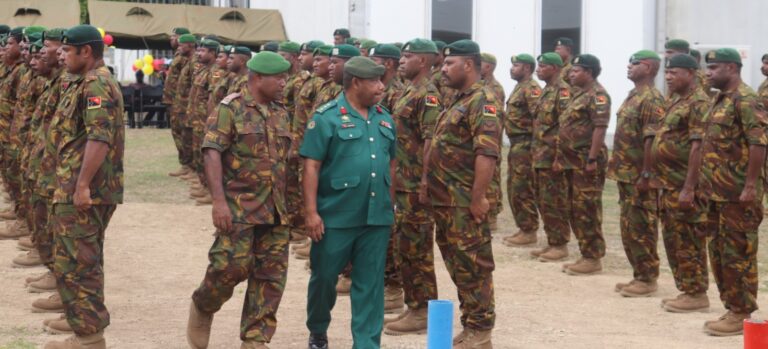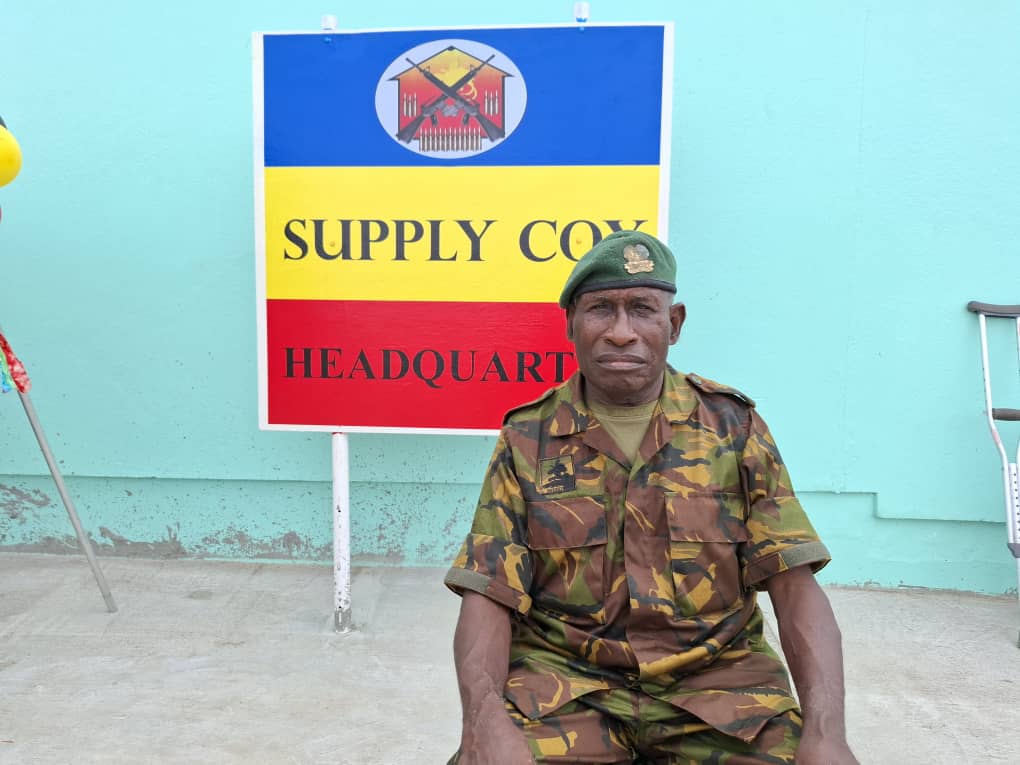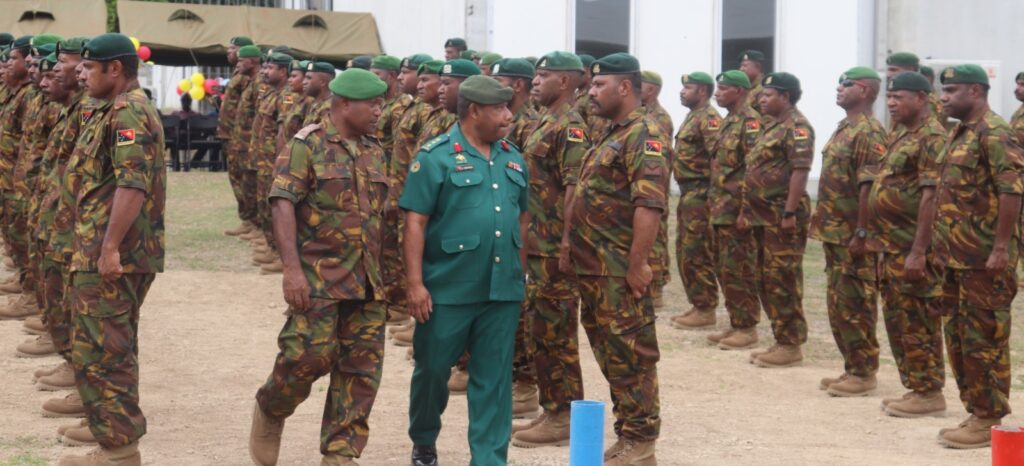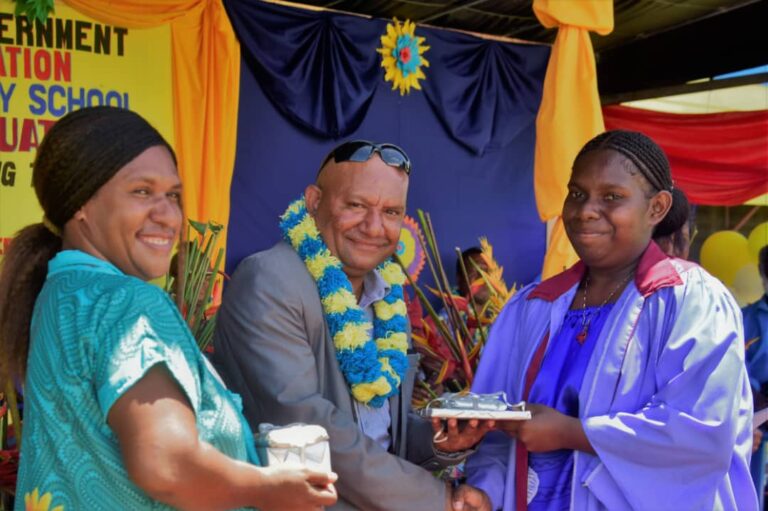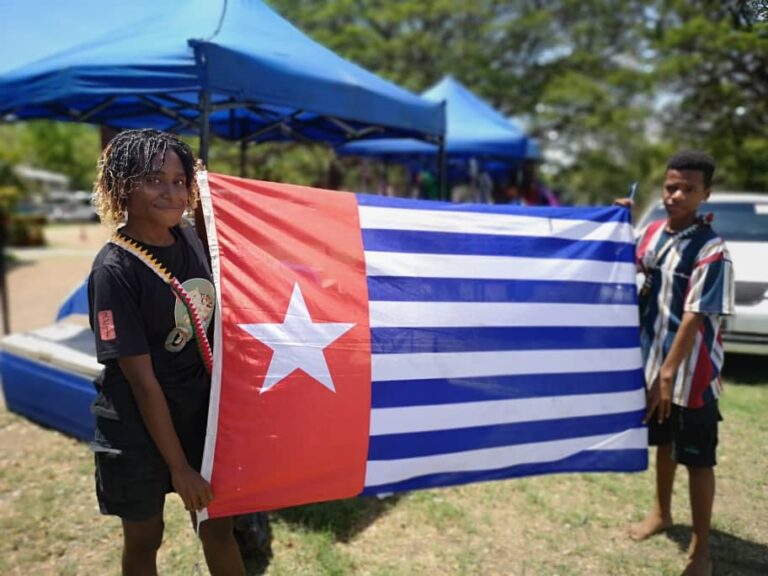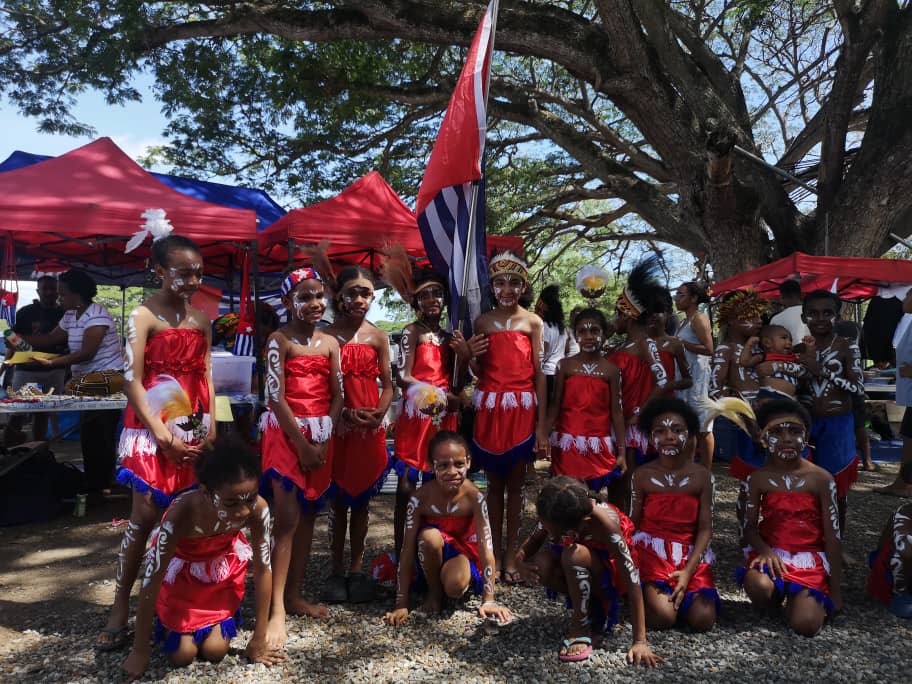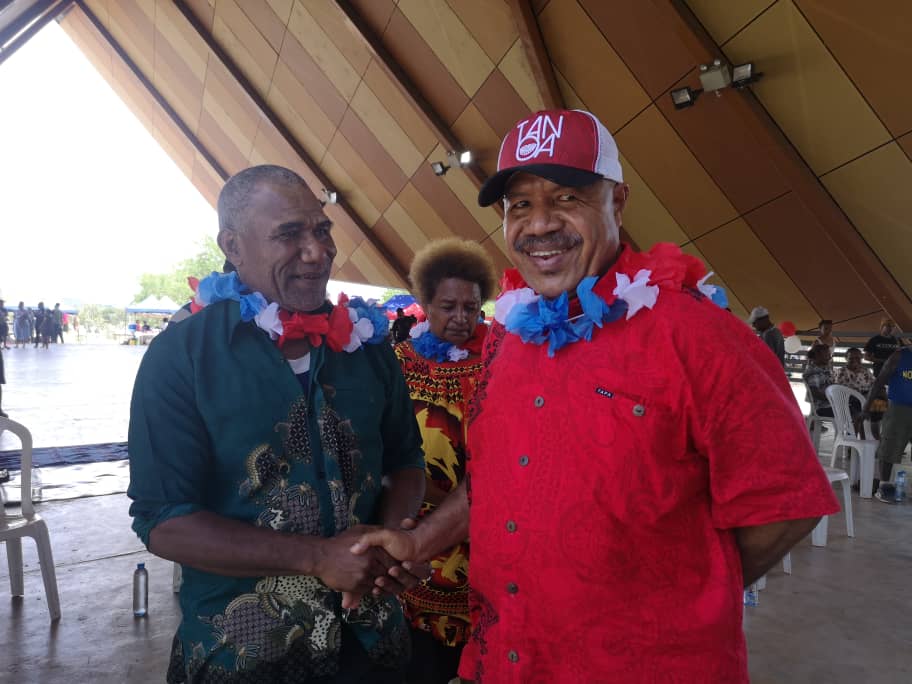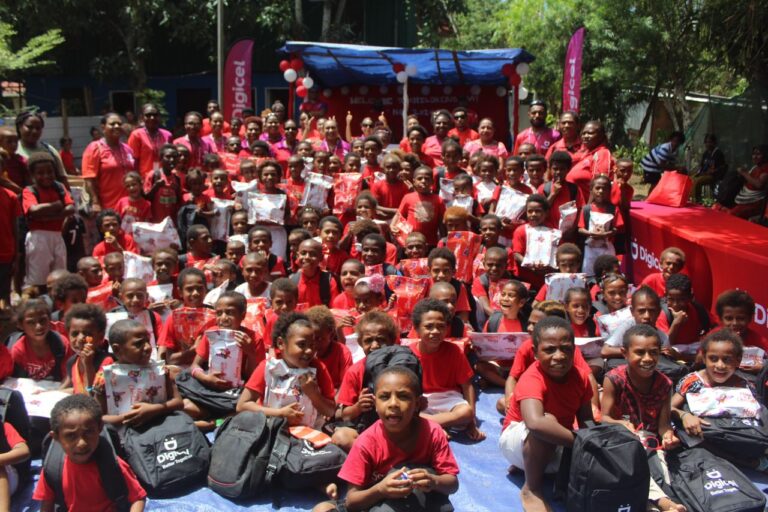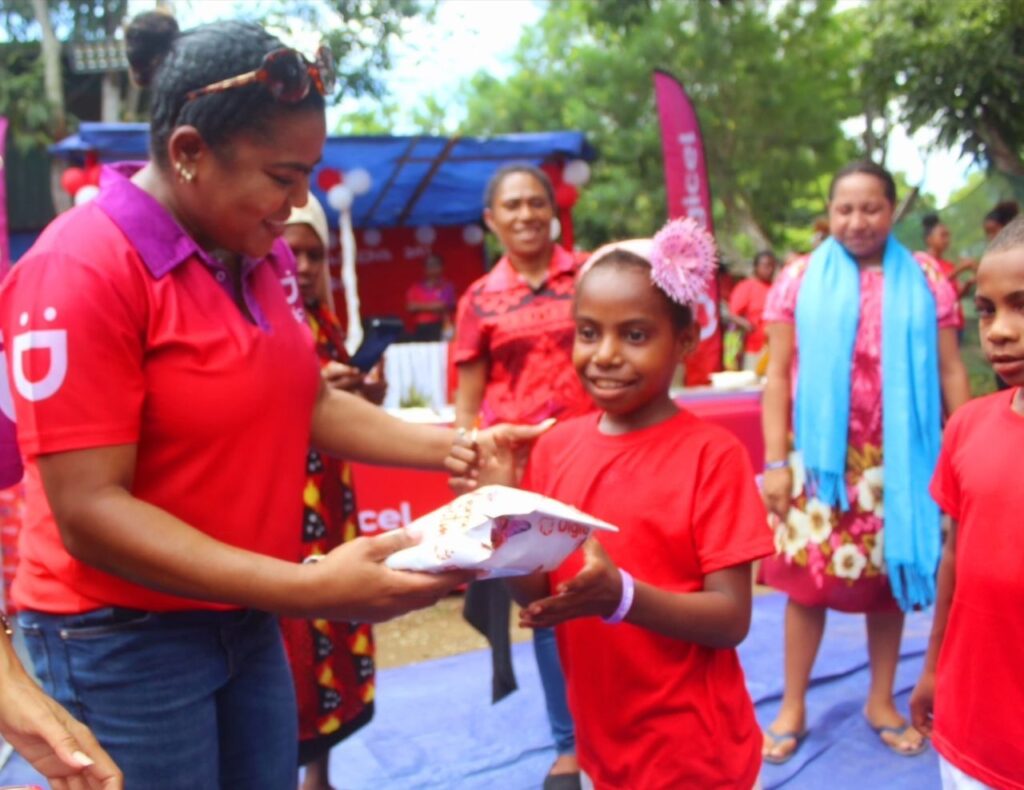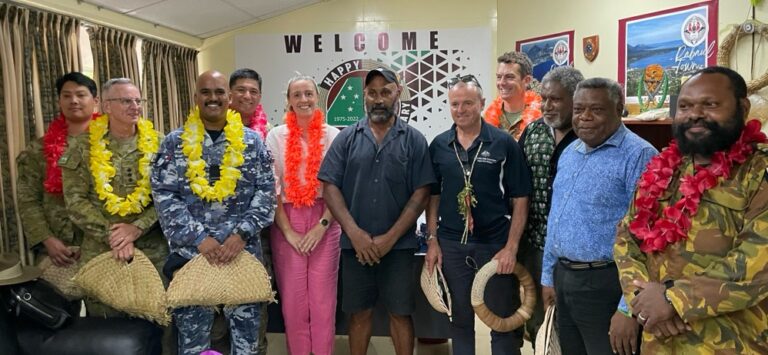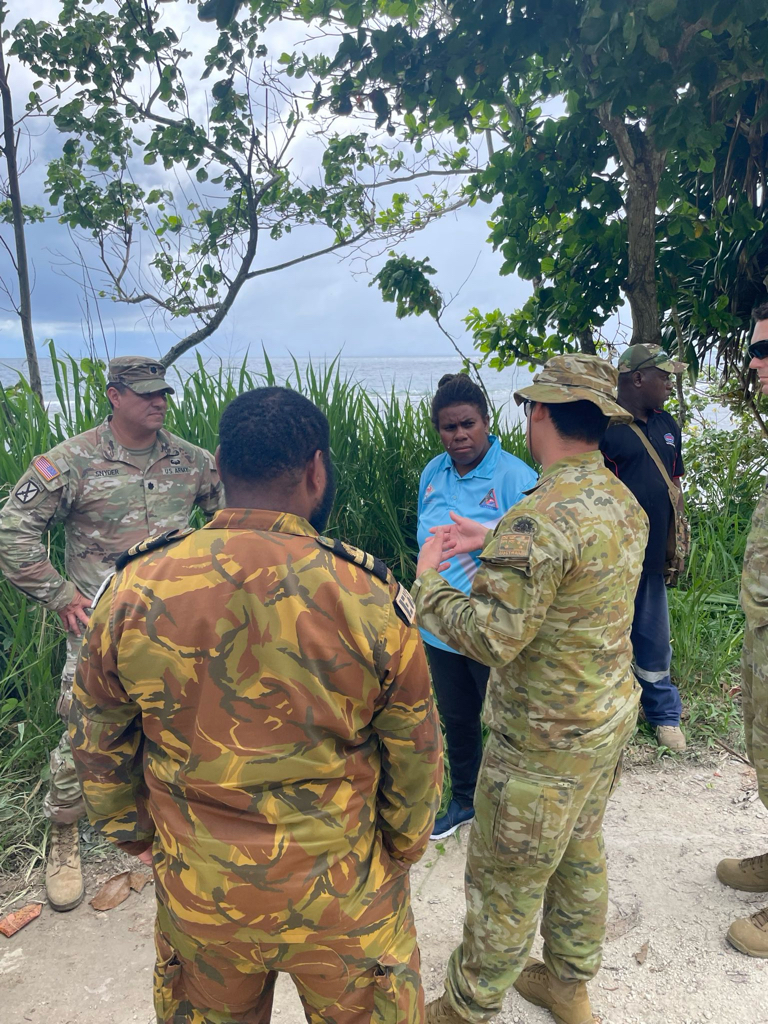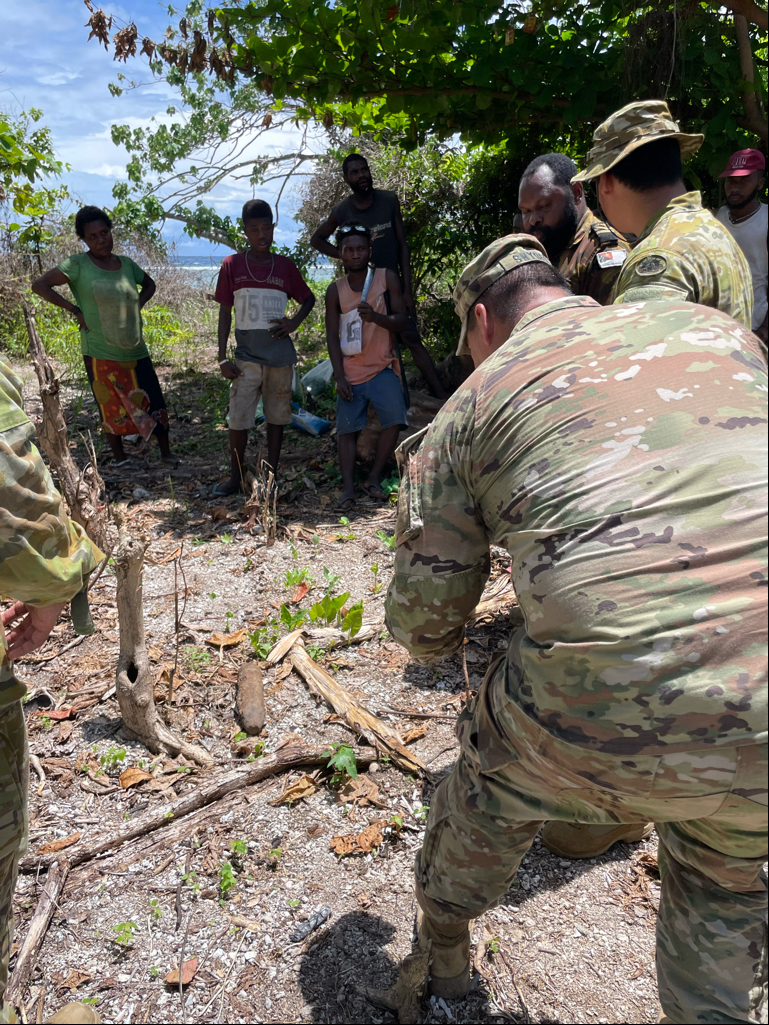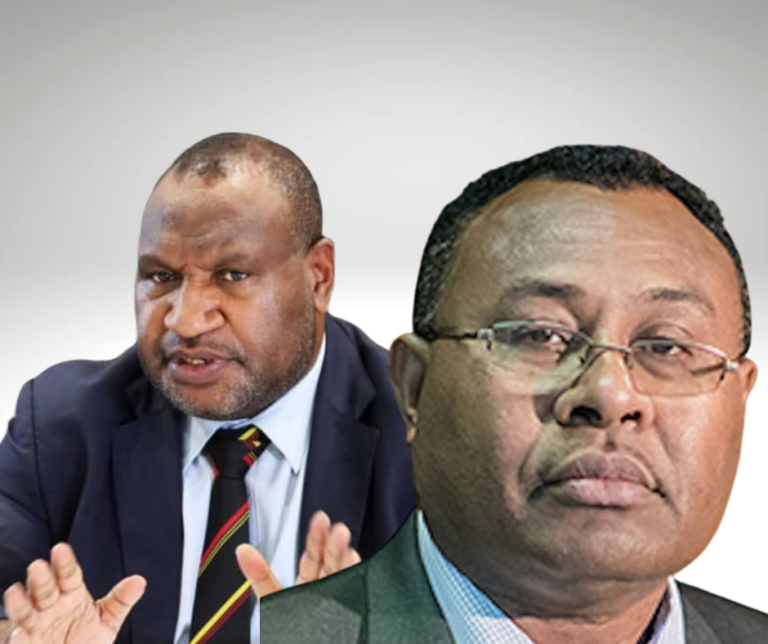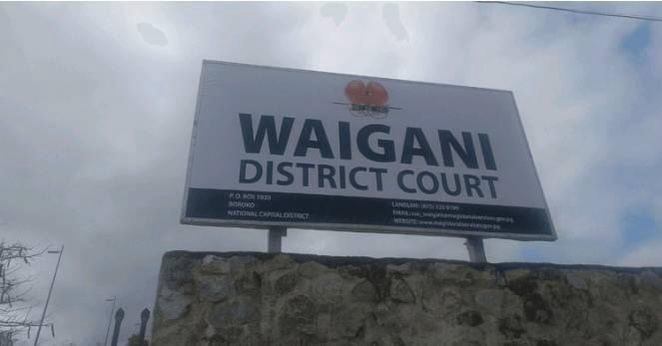The National Youth Development Authority (NYDA) recently concluded a significant week-long validation workshop focused on the review of the NYDA 2014 Act.
This event brought together various stakeholders dedicated to the development and empowerment of the youth in PNG societies.
The workshop provided a platform for meaningful dialogue, where participants engaged in discussions that aimed to refine and enhance the existing policies governing youth development.
On the final day of the workshop, NYDA Managing Director, Mr. Joe Itaki addressed the participants, acknowledging their contributions and the importance of their engagement throughout the week.
He emphasized that such gatherings are not merely formalities; they serve as vital opportunities for stakeholders to contribute their ideas, perspectives, and interventions.
Mr. Itaki’s remarks resonated with the overarching goal of crafting strategies that will influence the policy landscape for the next five to ten years, ultimately striving to create a better society for young people.
“It is paramount that we come together to share our insights and strategies,” Mr. Itaki stated.
“Our collaborative efforts can shape a future where our youth not only thrive but are also equipped to face the challenges of tomorrow. The input we provide today is crucial in forming the policies that will guide us into the future.”
The workshop featured a diverse array of speakers and specialists who shared their expertise on various aspects of youth development.
Participants engaged in panel discussions, breakout sessions, and brainstorming activities designed to elicit innovative solutions and strategies.
This collaborative environment fostered a sense of community and collective responsibility among attendees, reinforcing the notion that the success of youth programs depends heavily on the input and commitment of all stakeholders involved.
As the validation workshop drew to a close, Mr. Itaki highlighted that the feedback collected during these sessions would be meticulously compiled into a report that would be submitted to the House of Parliament.
This submission aims to advocate for policies that are informed by the insights gained during the workshop, ensuring that the voices of all participants are heard in the legislative process.
The NYDA remains committed to its mission of promoting youth development and empowerment. This workshop was a step forward in that mission, setting the stage for future initiatives that will address the pressing needs of young people across the nation.

